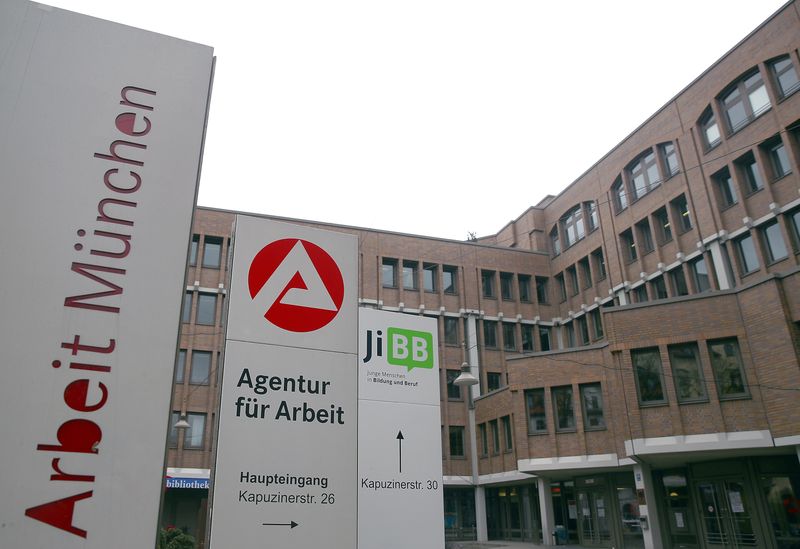Poland’s inflation rate hits 2.9% in September
PositiveFinancial Markets

Poland's inflation rate has dropped to 2.9% in September, marking a significant decrease that reflects the country's ongoing economic stabilization efforts. This decline is important as it suggests that the measures taken by the government and central bank are effectively curbing rising prices, which can lead to increased consumer confidence and spending.
— Curated by the World Pulse Now AI Editorial System
















